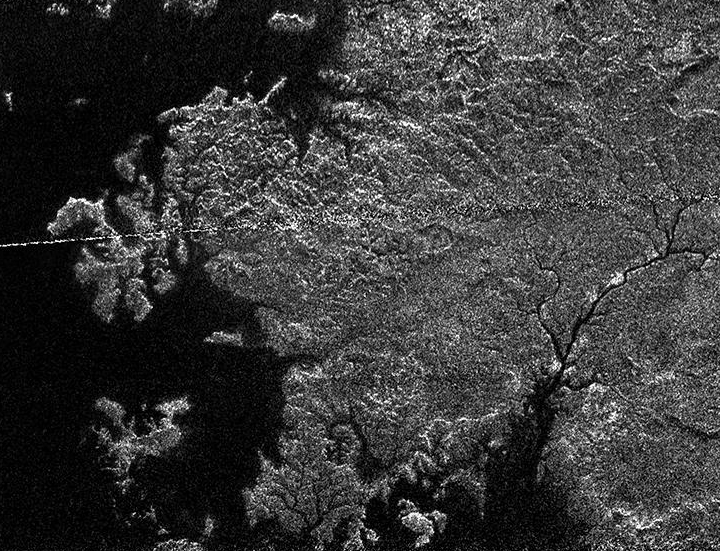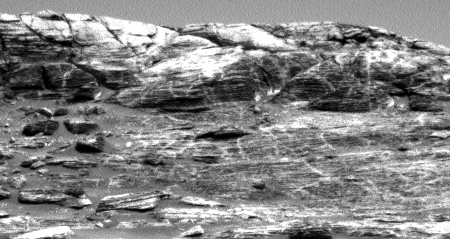New research challenges theories on Earth formation
The uncertainty of science: New research about the Earth’s core contradicts the presently accepted theories about the Earth’s formation.
New geochemical research indicates that existing theories of the formation of the Earth may be mistaken. The results of experiments to show how zinc (Zn) relates to sulphur (S) under the conditions present at the time of the formation of the Earth more than 4 billion years ago, indicate that there is a substantial quantity of Zn in the Earth’s core, whereas previously there had been thought to be none. This implies that the building blocks of the Earth must be different to what has been supposed.
The research suggests that the Earth is made up of materials different than expected, which means that the materials from the solar system from which it formed are different than presently believed, which also means that present formation theories will need to be revised.
The uncertainty of science: New research about the Earth’s core contradicts the presently accepted theories about the Earth’s formation.
New geochemical research indicates that existing theories of the formation of the Earth may be mistaken. The results of experiments to show how zinc (Zn) relates to sulphur (S) under the conditions present at the time of the formation of the Earth more than 4 billion years ago, indicate that there is a substantial quantity of Zn in the Earth’s core, whereas previously there had been thought to be none. This implies that the building blocks of the Earth must be different to what has been supposed.
The research suggests that the Earth is made up of materials different than expected, which means that the materials from the solar system from which it formed are different than presently believed, which also means that present formation theories will need to be revised.






